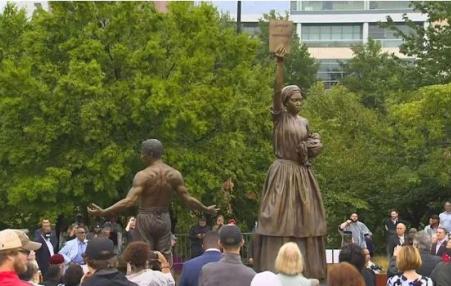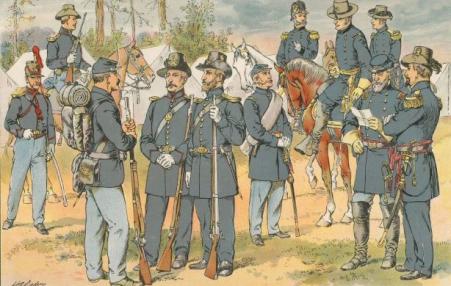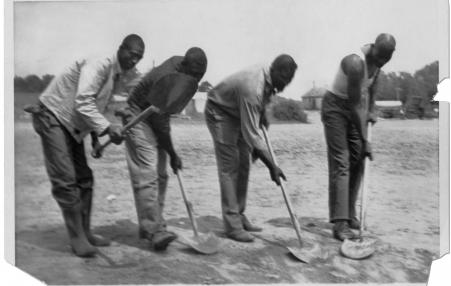What Really Happened on Juneteenth — And Why It’s Time for Supremacists and Their Sympathizers to Surrender
Jewish Daily Forward
We Are Not Done With Abolition
The New York Times
tv
Wishbone of The Good Lord Bird: Historical Fiction and Poetic Truth
Labor and Working-Class History Association
tv
The Good Lord Bird Is a Historical Epic That Speaks of and for the Present
New York Magazine
Black Abolitionists Believed in Taking Up Arms
Boston Review











Spread the word